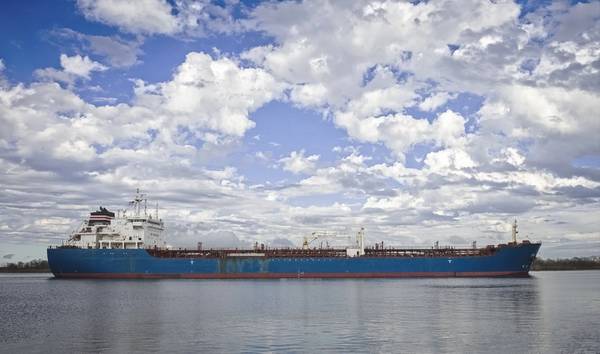
Beijing surprised oil markets with threats to levy tariffs on imports of U.S. crude oil, natural gas and other energy products on Friday, just as China has risen to the top of the list of importers of oil from the United States.
China responded to $50 billion in tariffs imposed by U.S. President Donald Trump with a similar amount of levies on a variety of U.S. goods. But China also said it would impose tariffs on U.S. energy products, which analysts considered a surprise as previous tariff threats had centered on agricultural goods and automobiles.
"This is a big deal. China is essentially the largest customer for U.S. crude now, and so for crude it's an issue, let alone when you involve (refined) products, too. This is obviously a big development," said Matt Smith, director of commodity research at ClipperData.
China currently imports about 363,000 barrels of U.S. crude daily, on par with Canada as the biggest U.S. crude importer, according to U.S. Energy Department figures. It also takes in an additional 200,000 barrels a day (bpd) of other products like propane.
The U.S. energy industry has been buoyed by production from the nation's shale fields, boosting overall daily oil production to a record 10.9 million bpd. Of that, the United States is now exporting about 2 million bpd, and Trump has touted dominance in energy production and export as key to American global influence.
The United States has also been urging other nations, including China, to buy more U.S. energy and limit purchases of Iranian crude after Trump pulled out of a 2015 nuclear arms agreement with Tehran. China is the largest buyer of Iranian oil, purchasing 650,000 bpd in the first quarter of 2018, and it is unclear if it plans to reduce those purchases.
A tariff would discourage Chinese refiners from buying U.S. crude imports.
The threatened tariff by China comes just as major producers including Saudi Arabia and Russia look set to increase production at next week's meeting of the Organization of Petroleum Exporting Countries, along with other non-member states.
China is also a major importer of other products such as propane, and tariffs would boost prices for that and several other petroleum products, said Bernadette Johnson, vice president at Drillinginfo in Denver. She also said sellers of liquefied natural gas (LNG), also emerging as a U.S. export to China, have been worried about tariffs.
"The constant back-and-forth about the tariffs creates a lot of market uncertainty that makes it harder to sell cargoes or sign long-term (trade) deals," she said.
(Reporting by Ayenat Mersie, David Gaffen and Jessica Resnick Ault in New York; Editing by Will Dunham)



